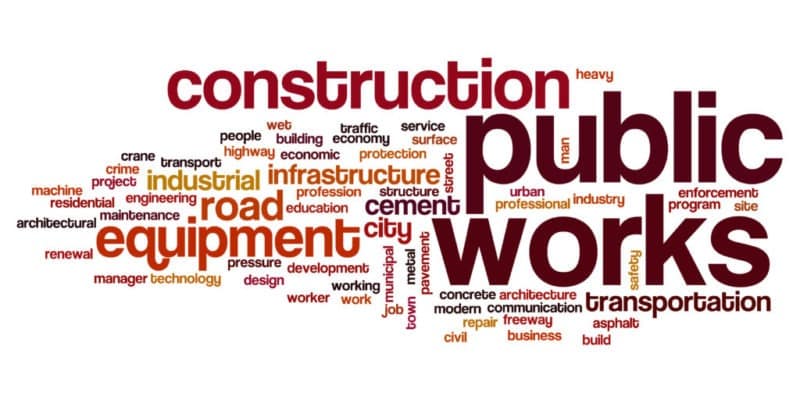Feb. 2018
Journal of Public Works Management and Policy
Ari Fenn, Zhi Li, Gabriel Pleites, Chimedlkham Zorigtbaatar and Peter Philips – University of Utah
While considerable research has examined the effects of prevailing wage law repeals on construction wages, little has been done on the repeals effect on benefits. Based on state-level data from the quinquennial Economic Census for construction from 1972 to 2012, we find that depending on sample and model specification, statewide annual average construction blue-collar income fell by 1.9% to 4.2%. Statewide annual average legally required benefits (social security, workers injury-compensation insurance, and unemployment insurance contributions) for blue- and white-collar construction employees combined fell from 3.8% to 10.1%. Statewide annual average voluntary benefits (primarily health insurance, pension contributions, and apprenticeship training) for blue- and white-collar construction employees combined fell from 11.2% to 16.0%. Because prevailing wage laws govern only blue-collar construction remuneration, blue-collar benefits probably fell more than blue- and white-collar benefits taken together.









